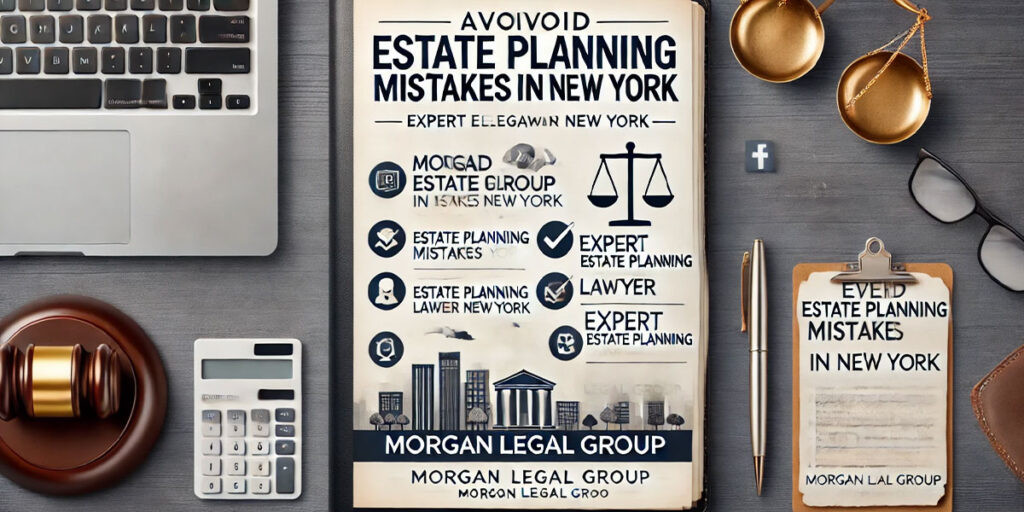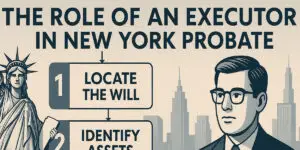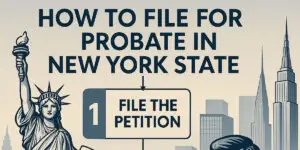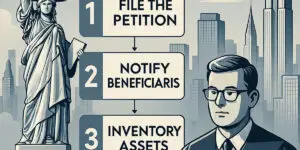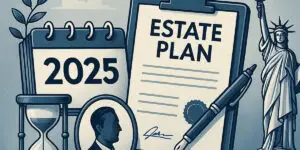Avoiding Estate Planning Mistakes
Estate planning is an essential process that ensures your assets are distributed according to your wishes, minimizes legal complications for your loved ones, and protects your legacy. However, estate planning in New York comes with its own set of challenges, and even minor oversights can have far-reaching consequences. At Morgan Legal Group, we have seen how avoidable mistakes can undermine even the most well-intentioned plans. Understanding and addressing these pitfalls can safeguard your family’s future and preserve your peace of mind.
Understanding the Importance of Estate Planning
Many individuals assume estate planning is only necessary for the wealthy or elderly. This misconception often leads to procrastination, leaving families unprepared when the unexpected occurs. In reality, estate planning is vital for anyone with assets, dependents, or specific wishes regarding medical care and end-of-life decisions. Whether you own a modest property or a vast estate, having a clear and legally sound plan ensures your intentions are respected.
Why Estate Planning Matters
- Asset Protection: Ensures your property and assets are distributed according to your wishes.
- Tax Minimization: Reduces the burden of estate taxes on your heirs.
- Avoiding Probate Delays: Helps your loved ones avoid lengthy and expensive legal proceedings.
Common Estate Planning Mistakes in New York
New York’s estate planning laws are intricate, and even small missteps can result in significant complications. Below are some common errors that individuals make and strategies to avoid them.
1. Failing to Create a Will
One of the most critical mistakes is not having a will in place. Without a will, your estate will be subject to New York’s intestacy laws, which may not align with your preferences. For example, assets may be divided among heirs you did not intend to benefit or excluded entirely.
Solution: Work with an experienced attorney to draft a legally binding will that reflects your wishes.
2. Overlooking Beneficiary Designations
Many individuals forget to update the beneficiary designations on life insurance policies, retirement accounts, or investment portfolios. These designations override the terms of your will, making it essential to keep them current.
Solution: Regularly review and update beneficiary designations to align with your overall estate plan.
3. Not Planning for Incapacity
Estate planning is not just about what happens after death. It also involves preparing for potential incapacity. Without documents such as a durable power of attorney and a healthcare proxy, your family may face challenges managing your affairs or making medical decisions on your behalf.
Solution: Include advanced directives and power of attorney documents in your estate plan.
4. Ignoring Tax Implications
New York has its own estate tax laws, which can complicate the distribution of your assets. Failing to plan for these taxes may leave your heirs with unexpected liabilities.
Solution: Consult an attorney to develop strategies for minimizing estate taxes, such as gifting assets during your lifetime or creating trusts.
5. Using Outdated Documents
Life circumstances change, and your estate plan should reflect those changes. Events such as marriage, divorce, the birth of a child, or acquiring new assets necessitate updates to your estate planning documents.
Solution: Review your estate plan regularly and revise it as needed to ensure it remains current.
6. Neglecting to Fund a Trust
Creating a trust is a powerful estate planning tool, but it must be properly funded to be effective. Many people overlook transferring assets into the trust, rendering it ineffective.
Solution: Work with your attorney to ensure all applicable assets are transferred into the trust.
7. Choosing the Wrong Executor
Your executor is responsible for managing your estate after your death. Selecting an unqualified or unwilling executor can lead to delays, disputes, and mismanagement.
Solution: Choose an executor who is responsible, organized, and willing to fulfill the role. Consider appointing a professional fiduciary if necessary.
The Role of an Estate Planning Attorney
While DIY estate planning may seem appealing, the complexities of New York law make professional guidance invaluable. An experienced attorney ensures your plan complies with state regulations, addresses potential challenges, and reflects your unique circumstances.
Key Benefits of Hiring an Estate Planning Attorney
- Legal Expertise: Attorneys understand New York-specific laws and requirements.
- Customization: Your plan will be tailored to your needs and goals.
- Problem Prevention: Proactive strategies mitigate potential disputes and tax liabilities.
Proactive Steps for Effective Estate Planning
To create a comprehensive and effective estate plan, follow these steps:
- Identify your assets and their value.
- Determine your beneficiaries and their needs.
- Appoint trusted individuals as your executor, trustee, and healthcare proxy.
- Draft a will, trust, and advanced directives with the help of an attorney.
- Regularly review and update your plan as your circumstances change.
Conclusion: Avoid Mistakes, Secure Your Legacy
Estate planning is an essential step in protecting your legacy and providing for your loved ones. By avoiding common mistakes and working with an experienced attorney, you can ensure your plan is comprehensive, legally sound, and tailored to your needs. At Morgan Legal Group, we specialize in navigating the complexities of New York estate planning, offering personalized solutions to safeguard your future.
Contact us today to schedule a consultation and begin the process of securing your peace of mind.



